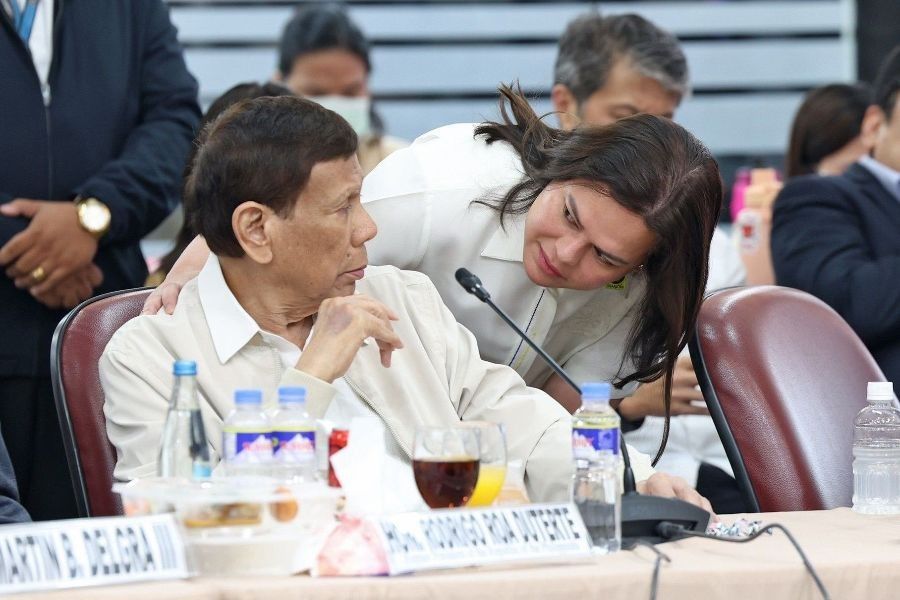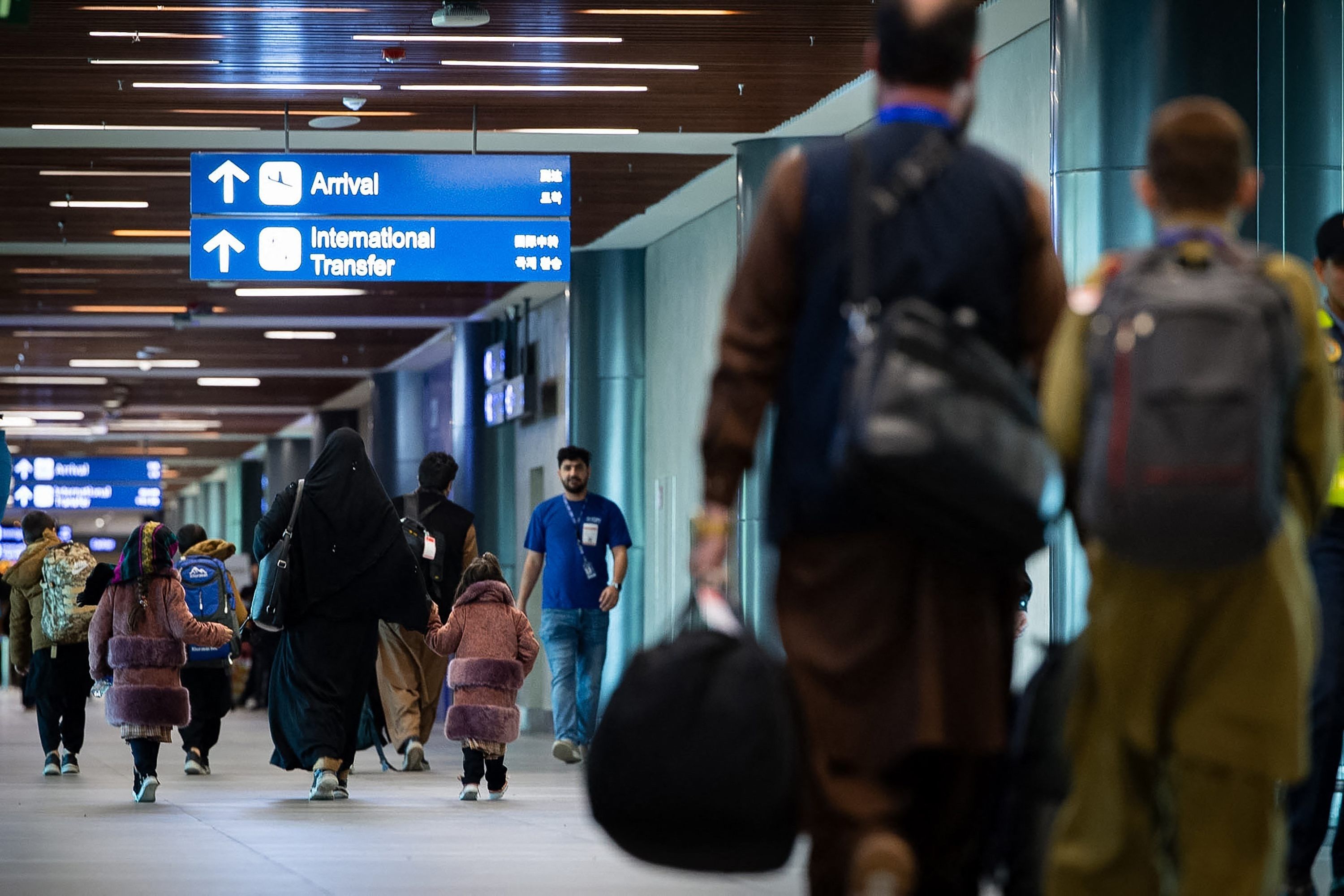
Upgrade to High-Speed Internet for only ₱1499/month!
Enjoy up to 100 Mbps fiber broadband, perfect for browsing, streaming, and gaming.
Visit Suniway.ph to learn
Jean Mangaluz - Philstar.com
June 25, 2025 | 3:11pm
A couple walks with their dog in Tel Aviv on June 24, 2025, following a ceasefire between Israel and Iran. Israel's military said on June 24 it was lifting restrictions on public gatherings, workplaces and schools it imposed during its 12-day war with Iran after a ceasefire took effect.
AFP / Fadel Senna
MANILA, Philippines — Despite growing instability in the Middle East due to tensions between Israel and Iran, fewer than 0.02% of the more than 2 million overseas Filipino workers (OFWs) in the region have requested to return home.
The Philippine government has raised Alert Level 3 in Israel and Iran, urging Filipinos to consider voluntary repatriation. But as of this week, the Department of Migrant Workers (DMW) has recorded just 311 requests.
The first batch of returning OFWs arrived Tuesday night, June 24, accompanied by DMW Secretary Hans Leo Cacdac. Most were from Israel; three were from Jordan, one from Palestine, and another from Qatar. Fifty more OFWs are expected to return soon.
While Israel and Iran have agreed to a tentative ceasefire, uncertainty in the region remains. So why are so many Filipinos choosing to stay?
Job uncertainty
For many OFWs, the fear of losing stable employment outweighs safety concerns.
“They don’t want to leave their work,” said Patricia Yvonne Caunan, head of the Overseas Workers Welfare Administration (OWWA).
Many workers are bound by contracts and worry they won’t be able to return to the same jobs. Still, DMW Undersecretary Felicitas Bay cases where OFWs have returned to their employers after repatriation.
Others, particularly caregivers, may have no job to return to—for example, if the person they were caring for has passed away, Bay said.
Undocumented workers
The DMW and OWWA estimate that over 205,000 Filipino workers in the Middle East are undocumented. The number adds to the already sizeable Filipino population in the region.
Caunan attributed the number to “third-country hiring,” where a worker registers in one country but later seeks aid in another without notifying Philippine authorities.
“It is hard to monitor our citizens if we do not know where they are,” Caunan said in Filipino.
She appealed to OFWs to go through the process of registration so that in cases of emergency, government can locate and assist them. Still, she emphasized that undocumented workers will not be excluded from assistance.
“We don’t look at documents when it comes to helping, especially in times like these,” she added.
The DMW and OWWA are offering P150,000 in financial aid to all repatriated workers, including the undocumented.
Conflicting perceptions of risk
OFWs often have differing views on the threat level. Some believe the danger is easing, while others fear that traveling home might be more dangerous than staying.
Caunan acknowledged the historically low turnout for repatriation and said more outreach is needed from welfare officers on the ground.
While the Department of Foreign Affairs has yet to declare Alert Level 4, which would entail mandatory evacuation, the DMW and OWWA said that it is ready for such a scenario.

 5 hours ago
3
5 hours ago
3



